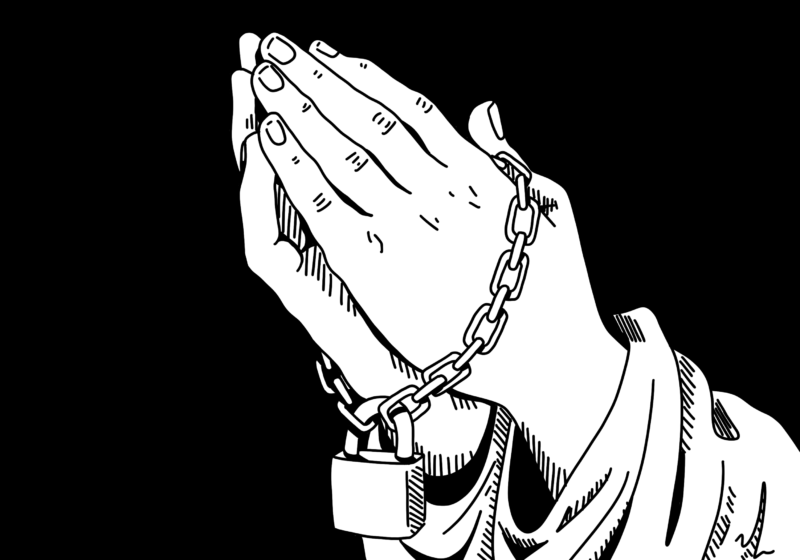My parents and teachers never told me that I had to be perfect, so my mom was baffled when she found 15-year-old me sobbing over why I could never be good enough.
I wasn’t crying over personal or academic goals, though. I was crying because I knew that I could never live up to the expectations that religion had set for me.
Growing up Christian, it was ingrained into me that there are certain things that you just don’t do. One such thing is murder; another is theft. While those are easy to avoid, there are others that prove much more difficult. For example, to envy someone else is considered a sin, a fall. So is lying, even harmless “white lies” and exaggerations. It’s much harder to avoid these, and much easier to do them without thinking.
So how can you live without ever envying or lying?
The realistic answer — you can’t.
Christianity is not the only religion that expects its followers to abide by moral standards such as these. Many religions across cultures hold their followers to standards that are theoretically possible, but practically impossible. Judaism, Buddhism, Islam, Baha’i, and Christianity all expect their followers to steer clear of lying, disrespecting one’s elders, and having excessive pride in one’s self, among a host of other actions. Although these religions differ greatly, they all expect their followers to follow such a strict moral code.
Ideally, this should be no problem, and we’d all just live according to our religion’s standards without fail, but unfortunately this is nothing more than a dream. The reality is that we as humans fail to meet the standards that religion sets for us. We choose to lie, to take pride in ourselves, to do any other “sin,” sometimes unintentionally or without realizing it. As much as we try, we cannot constantly avoid every act of immorality.
It was this realization that made me cry that day in the basement. I realized that I could never live in perfect accordance with the expectations that Christianity laid out for me.
That day, my mom embraced me and told me that it would be okay, that we didn’t have to actually be perfect, we just had to try to do our best.
This is something that everyone should recognize. After all, no one is truly perfect. Everyone makes mistakes. Everyone occasionally chooses to do something that directly goes against their morals.
We as individuals should be more forgiving of our shortcomings. We should realize that no one is perfect, that no one can live life completely free of mistakes, and that it’s okay if we mess up. This is not to say that we should completely disregard the moral standards our religions set. Morals are good things — they guide us and help make the world a more welcoming place. But if strictly following them causes someone to doubt their self-worth, they ought to take a step back and remember that it is realistically impossible to abide by their religion completely.
We cannot be perfect, but we can try our best to live up to our religions’ expectations. We can be forgiving of mistakes when they do happen, and we can learn from them. We should do our best to avoid mistakes — to remain humble, to tell the truth, to avoid any other sin that our religion prohibits — but we should not let it get to the point where doing so becomes our measurement of self-worth.
We are worth so much more than the mistakes that we make.






